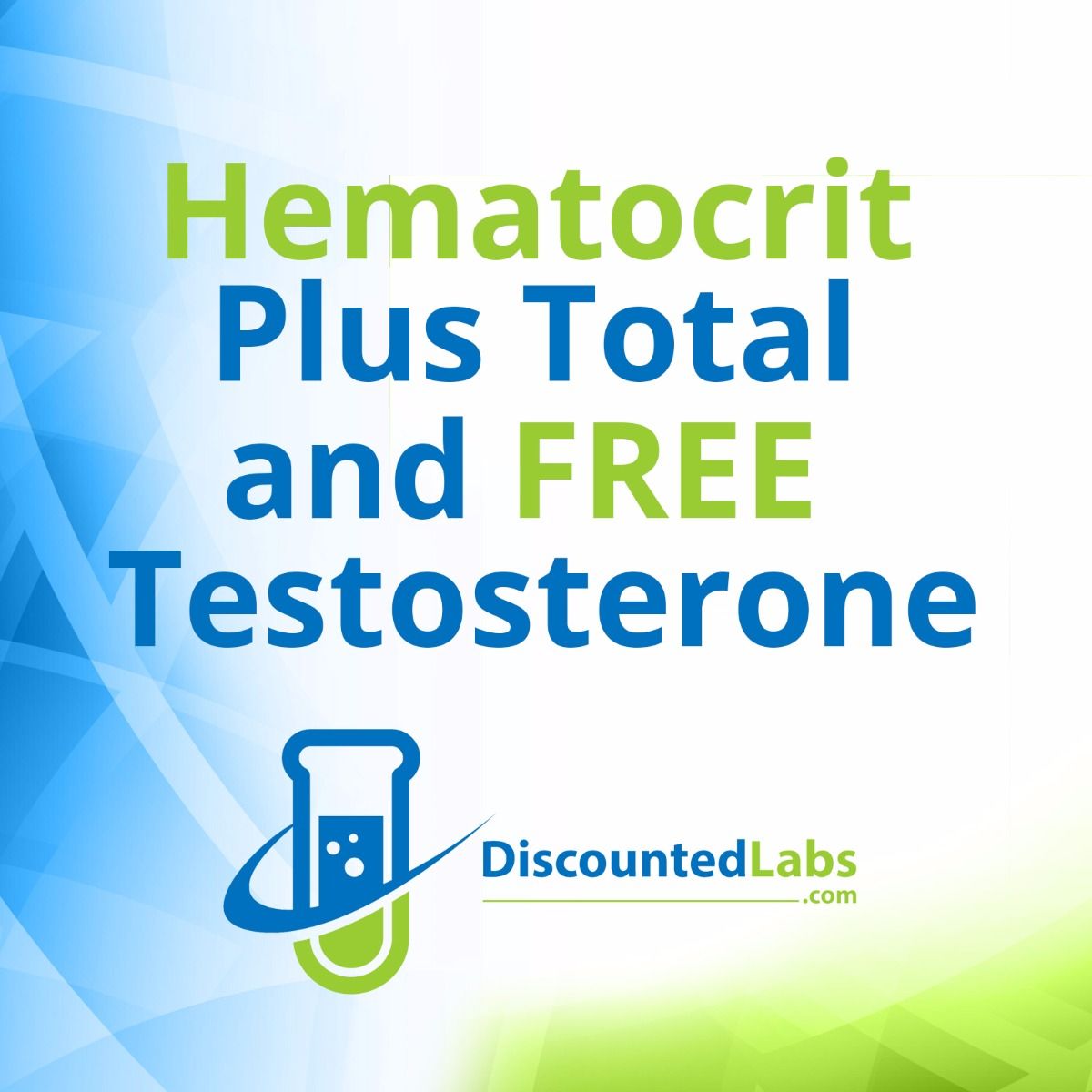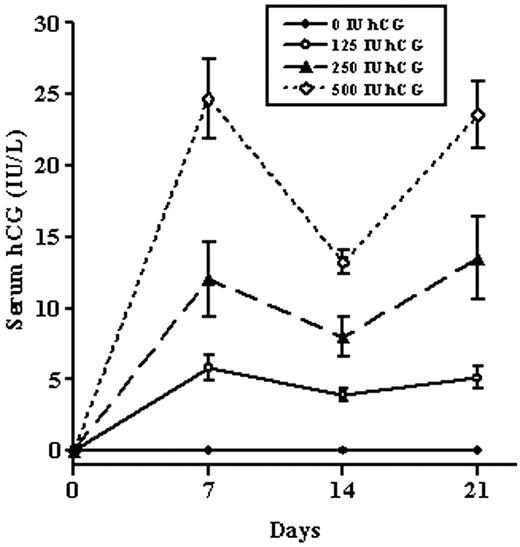smokedsalmon
Member
I've done poorly the last couple times I tried HCG, but my girlfriend and doctor and I decided to give it one more shot to help preserve fertility in the coming years. Plus, this is the first year that I've learned to leave my T cyp dose alone, and have really positive/consistent results.
I inject 150mg/week (daily). I have seen some fluctuation in my levels between bottles, but I don't mess with it as I feel great. My TT is higher than I'd like, but as I discussed with my dr, I don't want to chase a number if I'm feeling fine. I should also add that I've never had an issue with high E2, even when it was at 60 on 200mg/week. Here's my most recent bloodwork:


My dr (Dr Michael Rotman) suggested 1000IU/week. I believe Dr Saya originally prescribed me 900IU/week. Both times I've tried it, I felt bloated, red, my blood pressure spiked, I was anxious, and my sleep and libido suffered. But I'm in a more stable place now so I promised the girlfriend I'd try once more for a couple of weeks.
Any suggestions on dosing or anything else to consider? I was considering lowering my T dose at the same time, but now thinking I should just add a little HCG, see how it goes, and then check my levels in a few months rather than changing multiple things at once. Learned that lesson!
Thanks for any advice guys.
I inject 150mg/week (daily). I have seen some fluctuation in my levels between bottles, but I don't mess with it as I feel great. My TT is higher than I'd like, but as I discussed with my dr, I don't want to chase a number if I'm feeling fine. I should also add that I've never had an issue with high E2, even when it was at 60 on 200mg/week. Here's my most recent bloodwork:
My dr (Dr Michael Rotman) suggested 1000IU/week. I believe Dr Saya originally prescribed me 900IU/week. Both times I've tried it, I felt bloated, red, my blood pressure spiked, I was anxious, and my sleep and libido suffered. But I'm in a more stable place now so I promised the girlfriend I'd try once more for a couple of weeks.
Any suggestions on dosing or anything else to consider? I was considering lowering my T dose at the same time, but now thinking I should just add a little HCG, see how it goes, and then check my levels in a few months rather than changing multiple things at once. Learned that lesson!
Thanks for any advice guys.
Last edited:


















